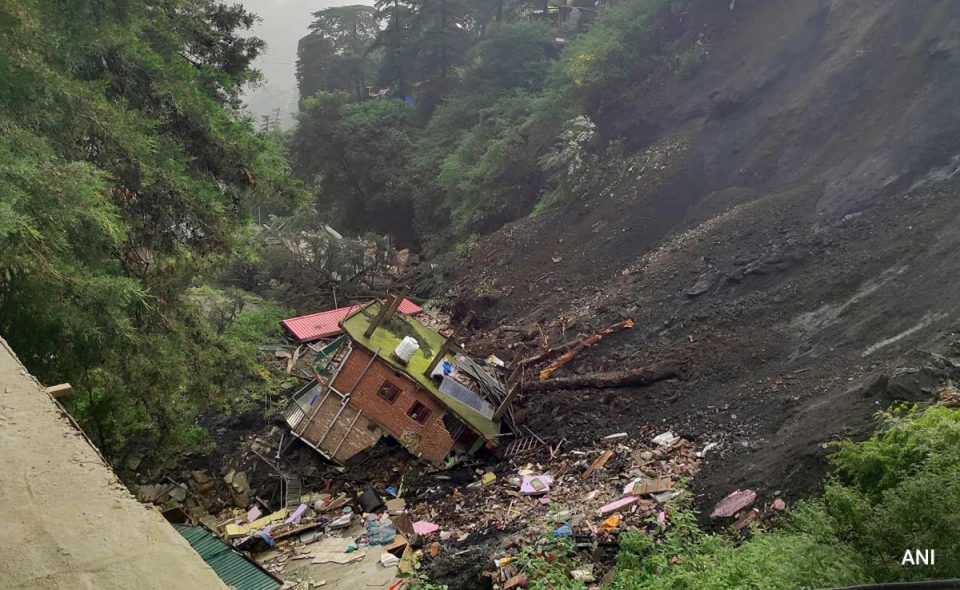Laxmidhar Behera, the Director of IIT Mandi, has found himself at the Centre of a heated controversy following his recent remarks urging students to pledge not to consume meat. Behera went further by asserting a direct link between animal butchering and environmental degradation, particularly in the context of natural disasters in Himachal Pradesh. His statement, which has since gone viral on social media, claimed that “Himachal Pradesh will have a significant downfall if we do not stop butchering animals,” citing a symbiotic relationship between this practice and environmental deterioration, including landslides and cloudbursts.
This provocative stance taken by Behera has generated a considerable amount of criticism from various quarters. Entrepreneur and IIT Delhi alumnus Sandeep Manudhane expressed deep concern over the impact of such beliefs, stating that “The collapse is complete. These superstitious fools will destroy whatever little was built in 70 years.” This sentiment reflects a broader concern about the influence of unscientific and unconventional beliefs on important matters, including environmental conservation.
Gautam Menon, a professor of biophysics, provided another perspective on the controversy, noting that in the current political climate, views like those expressed by the IIT Mandi Director have become increasingly prevalent. He described this as a feature, rather than a bug, of the current discourse, highlighting the need for a more rational and evidence-based approach in addressing complex issues such as environmental sustainability. This incident is not the first time Behera has attracted public attention due to controversial statements. In the past, he made headlines by claiming involvement in an exorcism aimed at dispelling “evil spirits” from a friend’s apartment and family through the recitation of “holy mantras.” These incidents raise questions about the suitability of an individual with such unconventional beliefs to hold a leadership position in a prestigious academic institution.
While Behera’s remarks may be seen as an attempt to initiate a conversation about the environmental impact of meat consumption, his approach, which directly connects meat consumption to natural disasters, has been met with uncertainty and criticism. Many argue that addressing complex issues like climate change and ecological conservation requires a more nuanced and evidence-based approach that considers multiple factors, including industrial practices, land use, and policy decisions.
The controversial comments made by IIT Mandi Director Laxmidhar Behera have ignited a passionate debate about the relationship between personal beliefs, scientific understanding, and institutional leadership within the context of environmental conservation. While the underlying issue of environmental sustainability is undeniably significant, Behera’s provocative approach and previous controversies have overshadowed the broader discussion, underscoring the importance of evidence-based and rational discourse on such critical matters.

